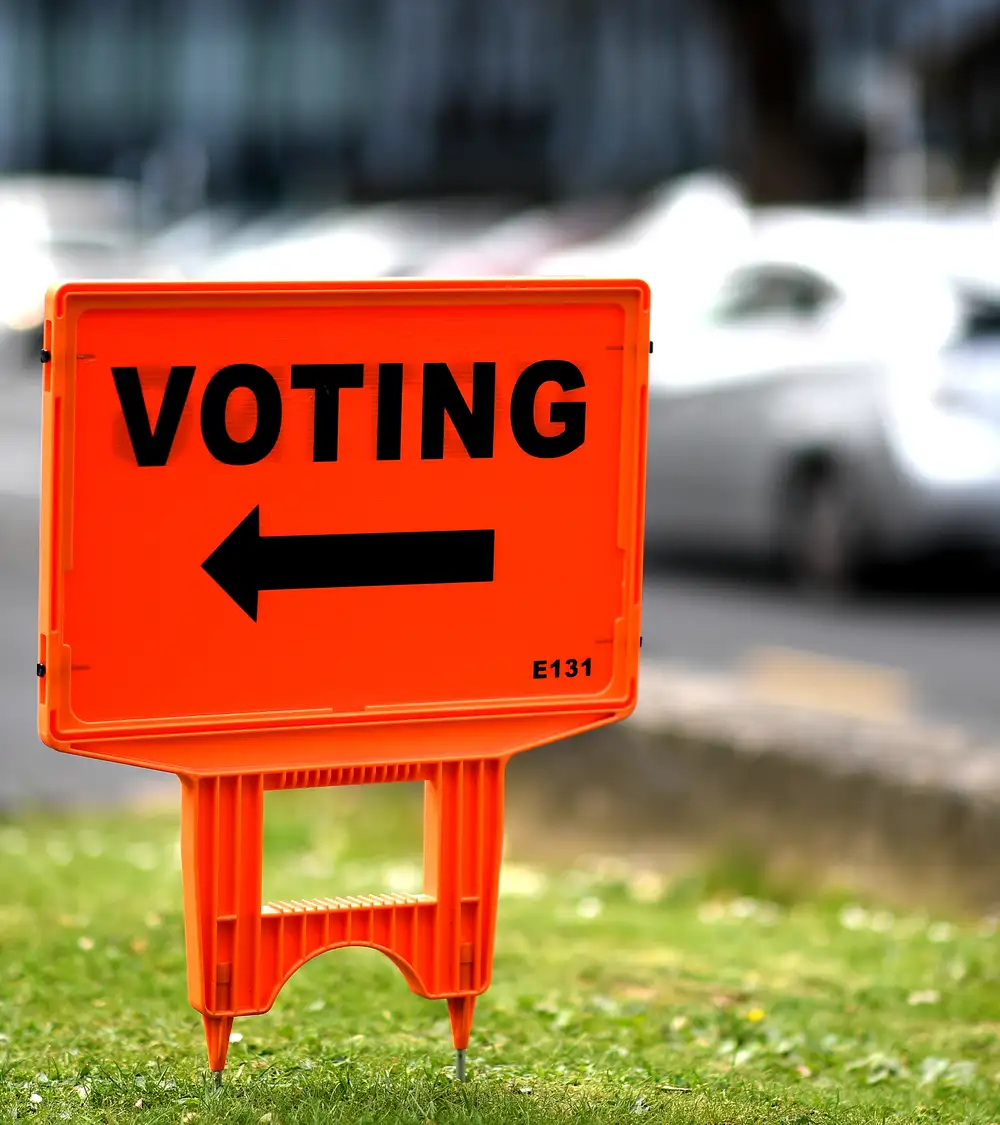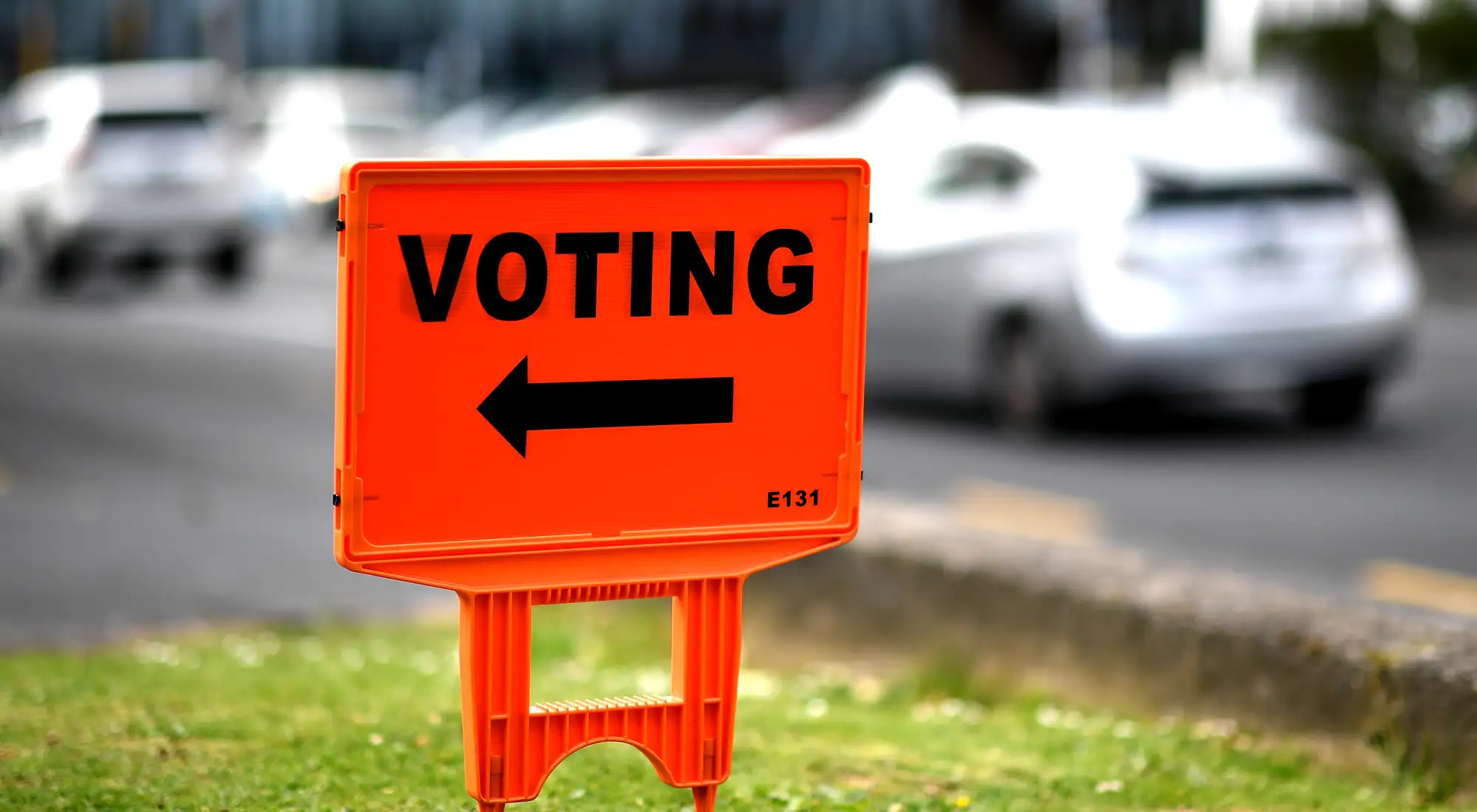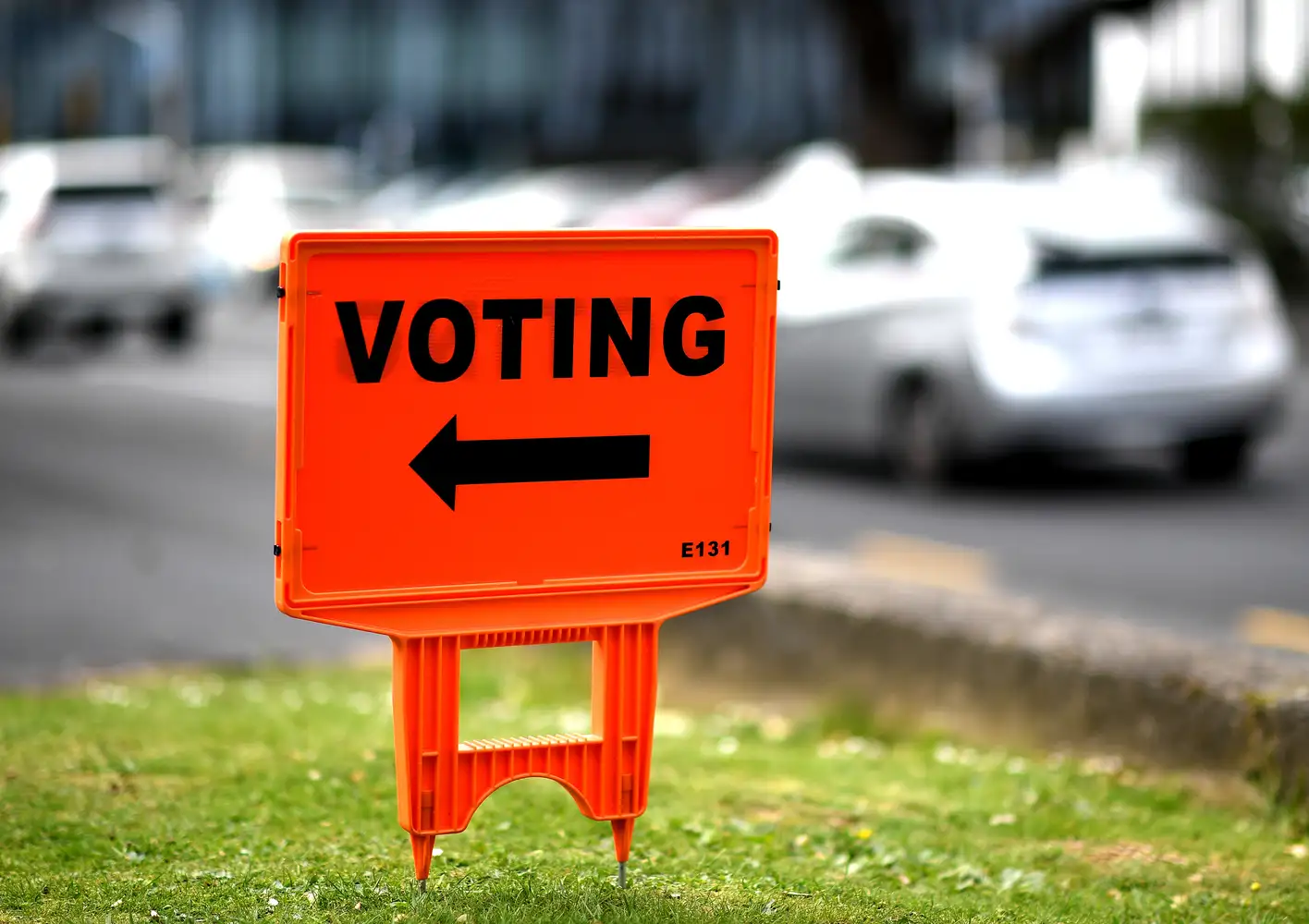Voting pack failure for Māori Ward candidates deeply concerning – Te Maruata



11 September 2025
There are calls for changes to how future elections are administered, following a significant error with council voting packs affecting some councils.
Māori Ward candidates were missing from candidate booklets for Whanganui District Council, Ōpōtiki District Council and South Wairarapa Council, which were sent out alongside voting papers for next month’s local elections.
Te Maruata, which is the national committee of Māori elected members within Local Government New Zealand (LGNZ), says the mistake is doubly disappointing and concerning given referendums are being held concurrently for some Māori wards and constituencies.
Te Maruata Co-Chair Iaean Cranwell says errors like this can significantly erode public trust in local elections.
“The absence of candidate profile information compromises the ability of voters to make fully informed decisions. It also risks undermining confidence in the referendum process, where the visibility and voices of Māori ward candidates are central to the question of whether Māori wards are retained beyond this triennium,” says Iaean Cranwell.
“Te Maruata extends their support and aroha to those candidates and rohe effected by this error. While we understand the issue is being rectified urgently, we want to encourage voters to find other ways to learn about their Māori ward candidates. This could include reaching out to their councils and attending ‘meet the candidate’ hui in their area, as well as viewing candidate profiles on the policy.nz platform.”
LGNZ Interim Chief Executive Scott Necklen, says this outcome reinforces the need for a change to how local elections are run.
“LGNZ has long held the view that local elections need to be centralised. LGNZ’s Electoral Reform Working Group included 20 recommendations on the future of local elections — including that local elections should be run by the Electoral Commission from 2028 onwards,” says Scott Necklen.
“New Zealand’s election services providers do a good job with the resources available, and they’ve taken responsibility for these errors. But the issues we’ve seen reinforce the need for one centralised provider to run local elections, to provide consistency for all candidates and voters.”